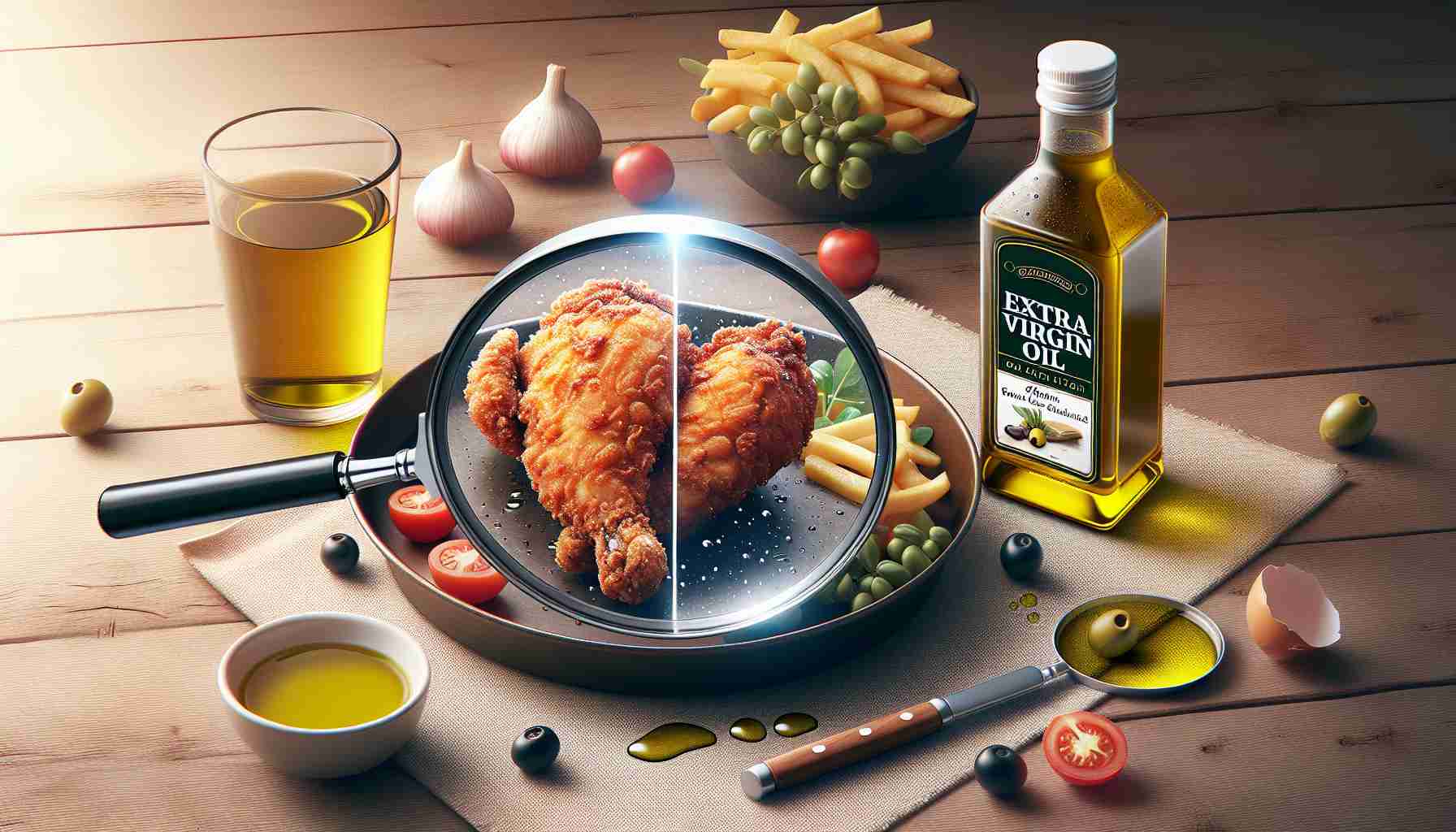New Trend Emerges Amid Cooking Oil Safety Concerns in China
A New DIY Approach Takes Hold
As worries over the safety of cooking oil in China persist, a new trend has emerged among locals who are taking matters into their own hands. Instead of relying on store-bought cooking oil, many are opting to purchase household oil press machines to make their own oil. Recent reports indicate that sales of these machines have skyrocketed in the past weeks, with a significant increase in both search and sales volumes.
Consumer Concerns Drive Alternative Choices
Widespread concerns over the quality and safety of cooking oil available in the market have prompted consumers to seek alternative sources for their edible oils. Social media platforms have been abuzz with posts showcasing individuals’ worries about the cooking oils they currently possess. Some users have even expressed reluctance to eat out, opting to cook at home using oils they trust.
Shift in Purchasing Behavior
With uncertainty surrounding the safety of cooking oil produced by major companies, consumers are exploring other options. Some individuals are considering purchasing cooking oil and condiments from abroad, such as Hong Kong, to ensure the quality and safety of the products they use. This change in purchasing behavior reflects a growing trend of skepticism towards domestically produced food items in light of recent food safety scandals.
Authorities Take Action
In response to the uproar, Chinese authorities have launched an investigation into state-owned companies involved in transporting cooking oil using tankers previously used for fuel. The revelation has sparked concerns about contamination and hygiene practices in the food transportation industry. As the investigation unfolds, the authorities have pledged to take strict actions against those found responsible for compromising food safety standards.
New Precautionary Measures Adopted by Consumers
Amid the escalating cooking oil safety concerns in China, a growing number of individuals are resorting to additional precautionary measures to safeguard their health. Beyond utilizing household oil press machines to create their own oil, some consumers are incorporating routine testing kits to assess the quality and purity of the oils they consume. This proactive approach underscores a heightened awareness of the potential risks associated with store-bought oils.
Emergence of Community Oil Press Centers
One innovative development in response to the cooking oil safety crisis is the establishment of community-based oil press centers. These centers provide a communal space equipped with industrial-grade oil press machines where residents can produce their own cooking oil under expert supervision. The communal aspect fosters a sense of shared responsibility towards ensuring the safety and integrity of the oils consumed by local communities.
Key Questions and Answers:
1. What are the key challenges associated with the DIY approach to making cooking oil?
One notable challenge is the variability in the quality and sourcing of raw materials used by individuals in the oil production process. While homemade oil offers transparency, ensuring consistent quality standards and proper hygiene practices remain crucial challenges.
2. What are the advantages and disadvantages of purchasing cooking oil and condiments from abroad?
Advantages: Access to international markets may provide consumers with a wider selection of products, potentially offering greater assurance of quality and safety standards.
Disadvantages: Importing cooking oil from overseas markets can significantly increase costs and may not always guarantee superior quality compared to domestically produced alternatives.
Related Links:
1. China Cooking Oil Safety Website
2. Food Safety China Portal










